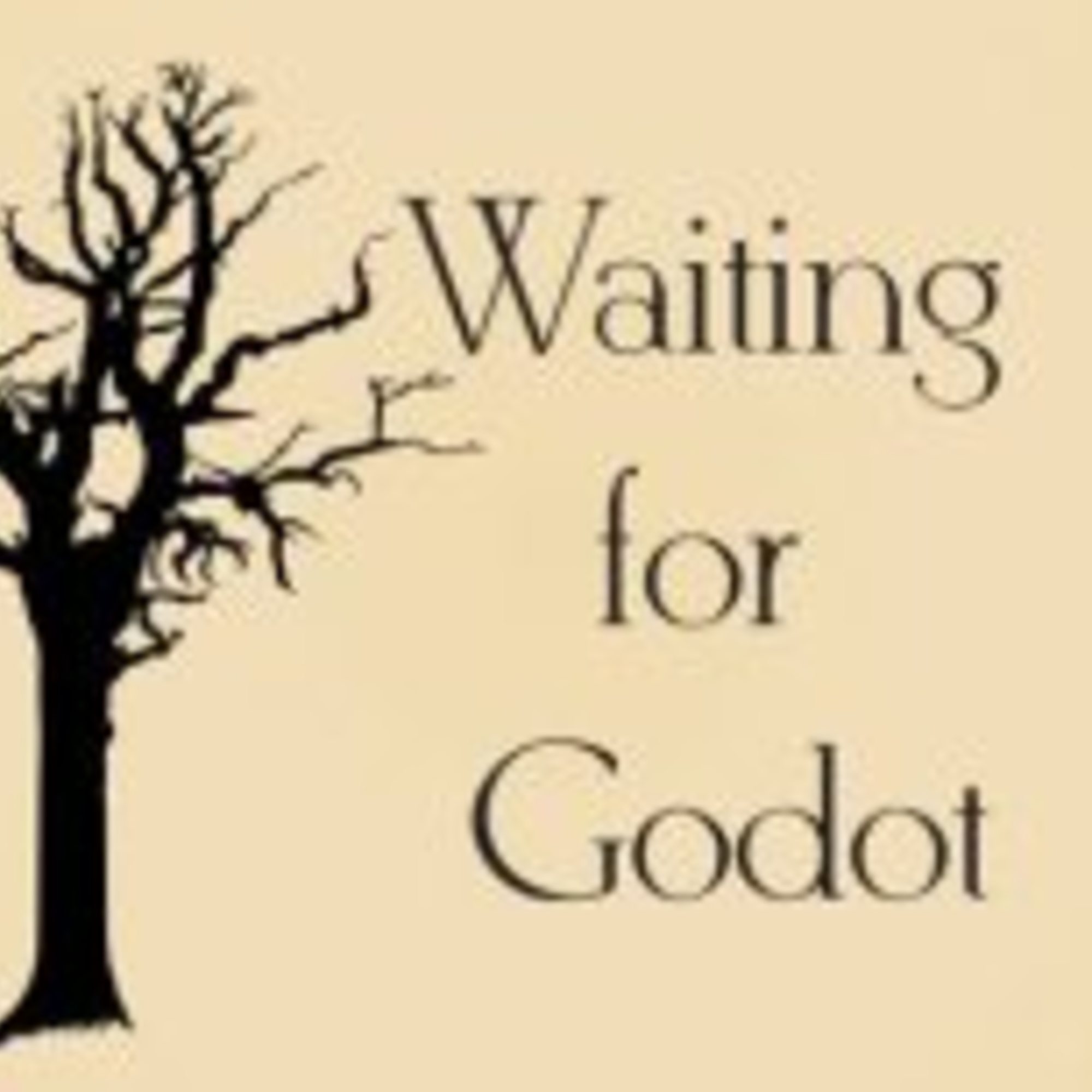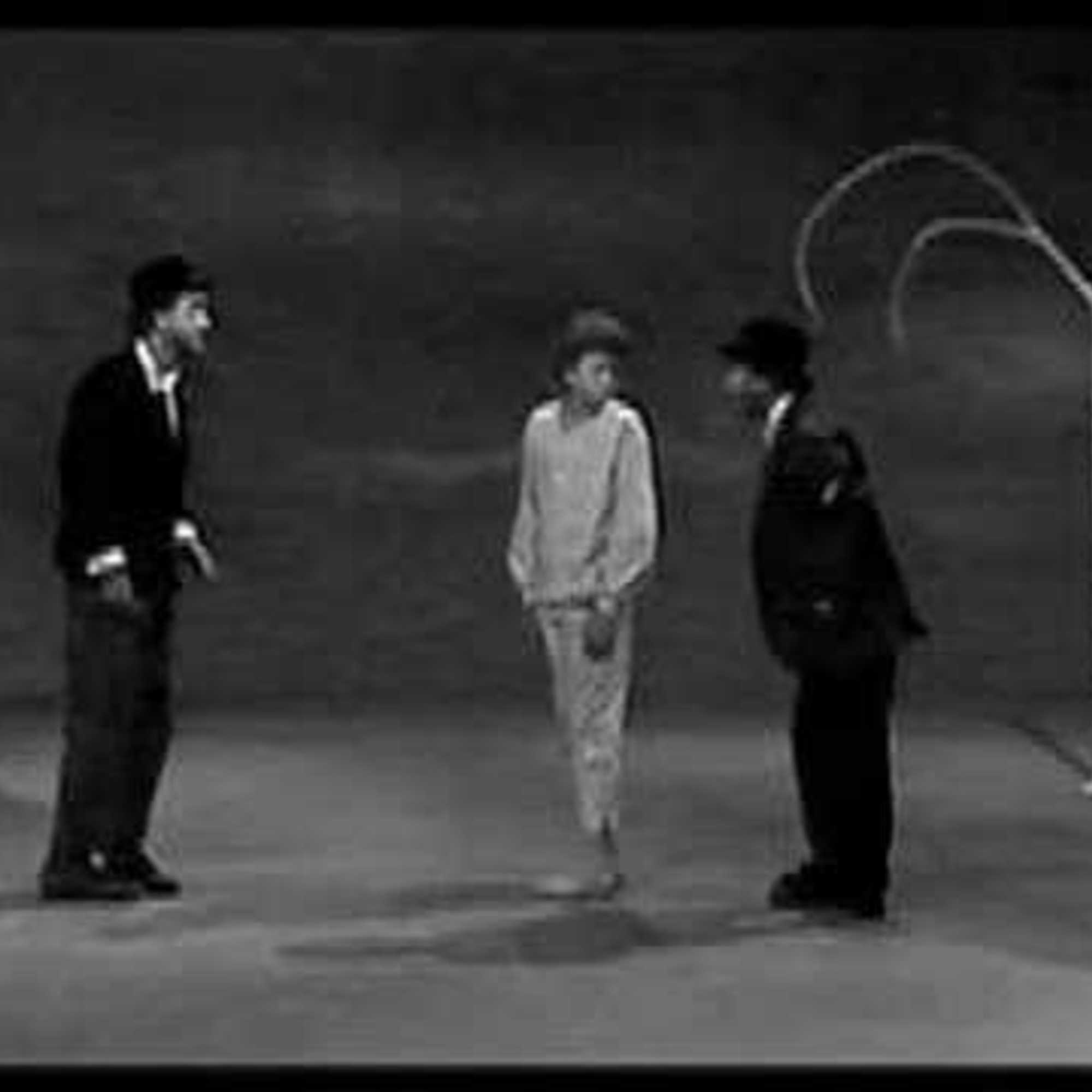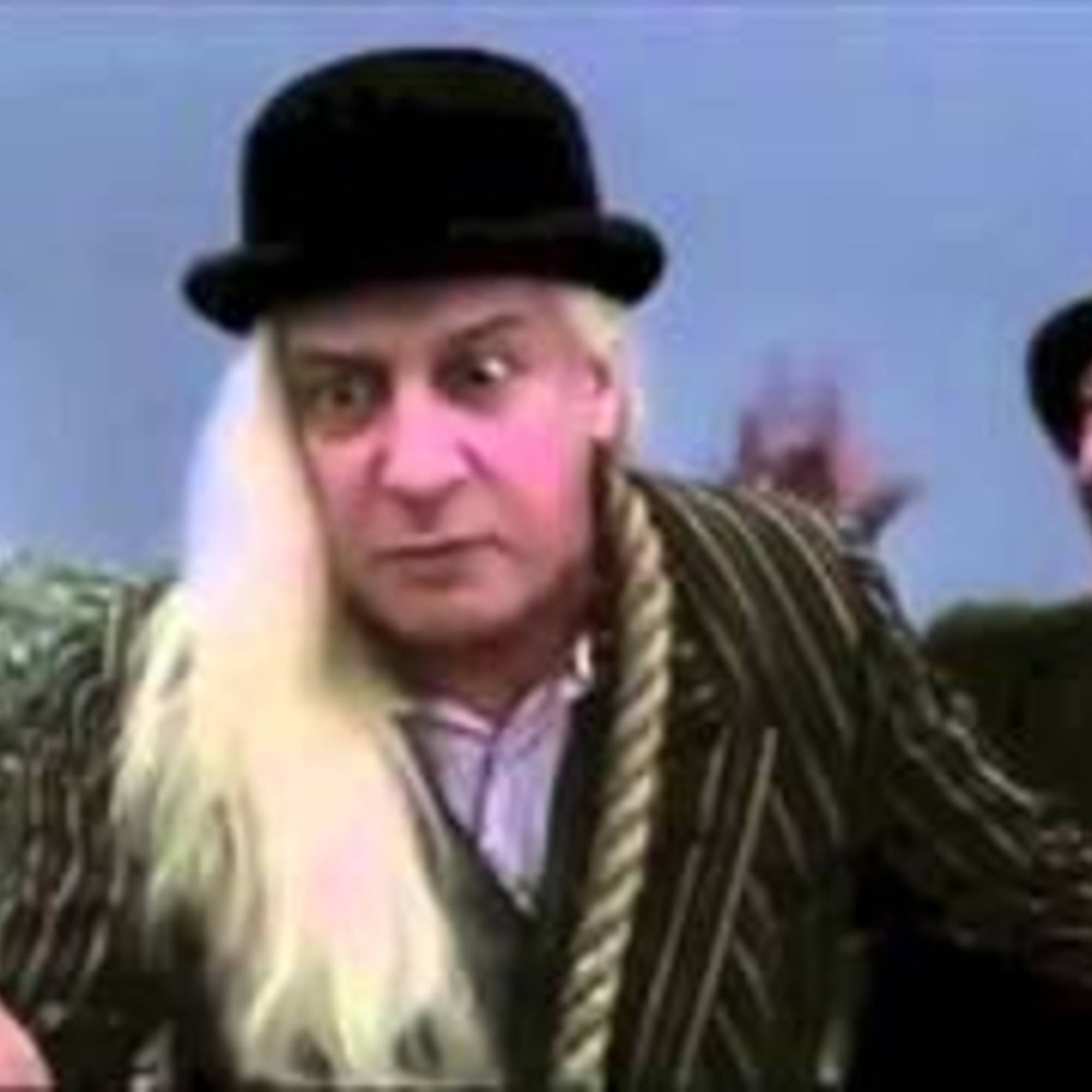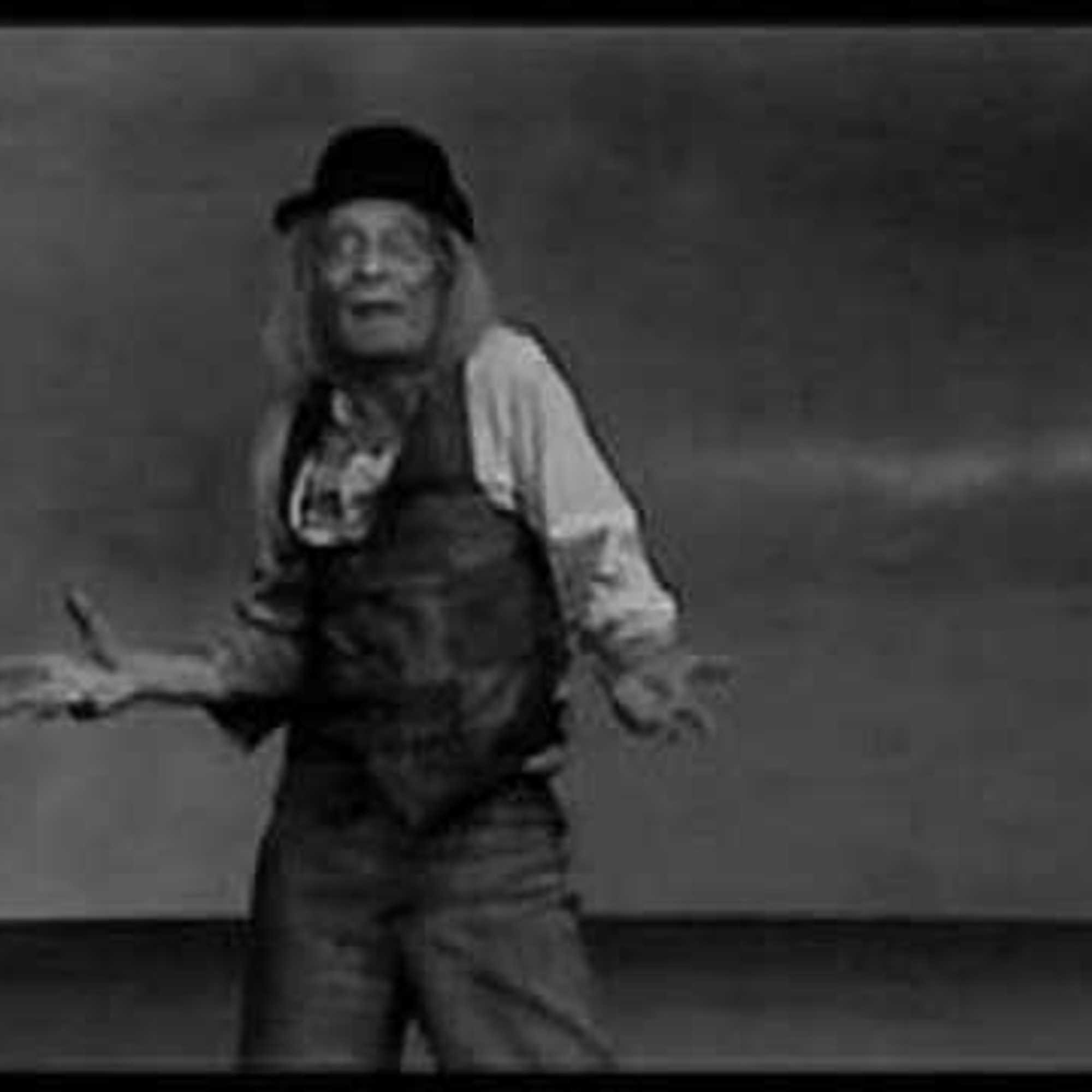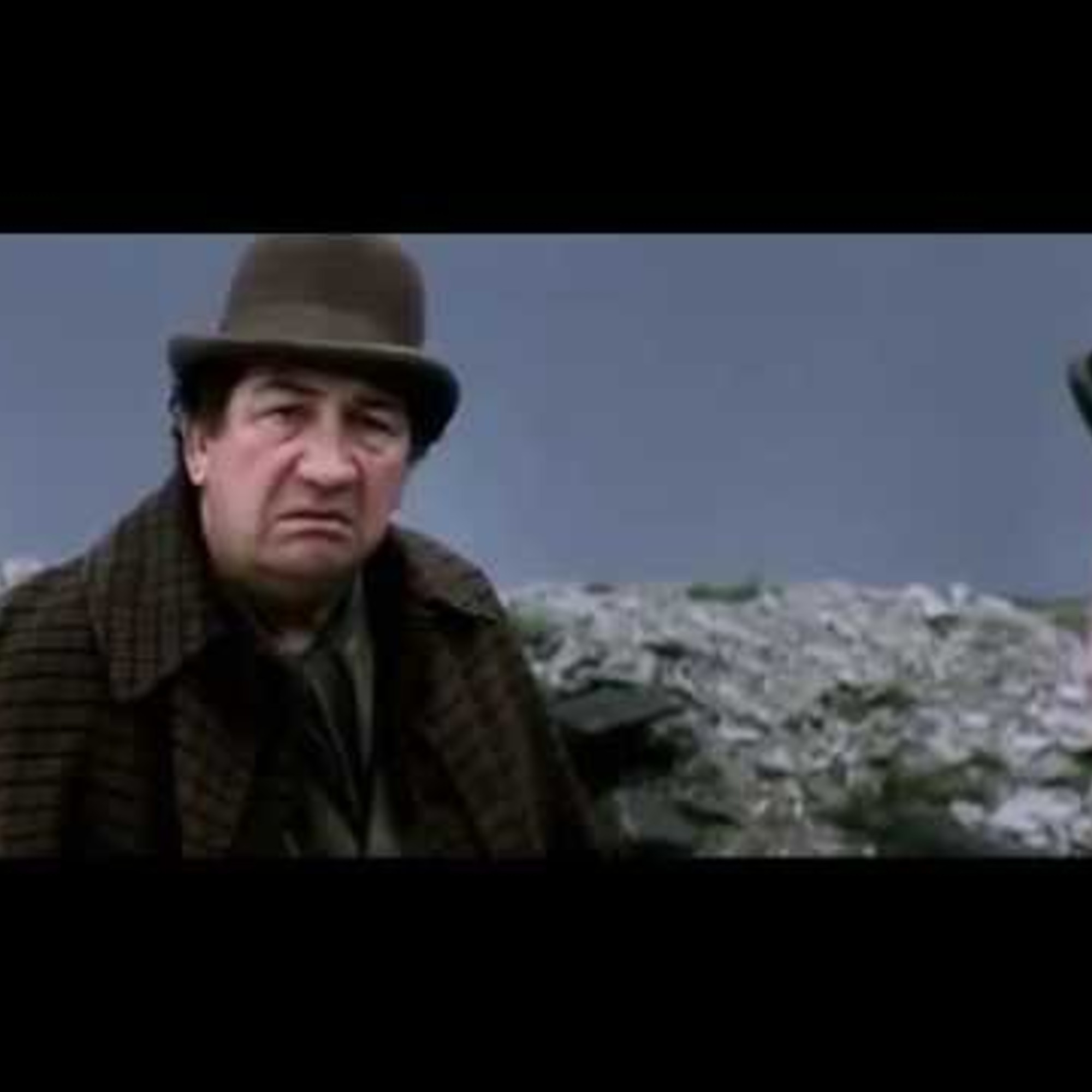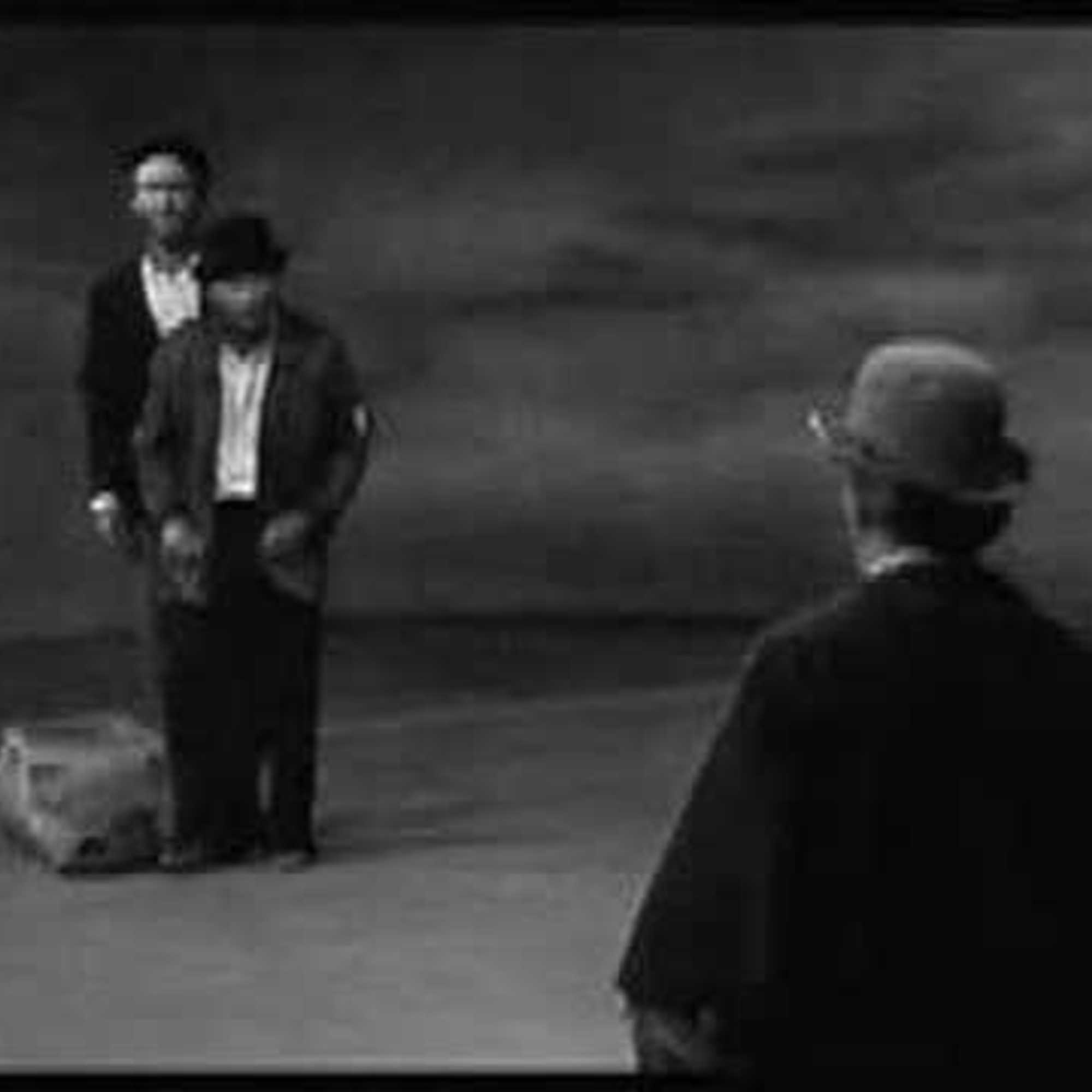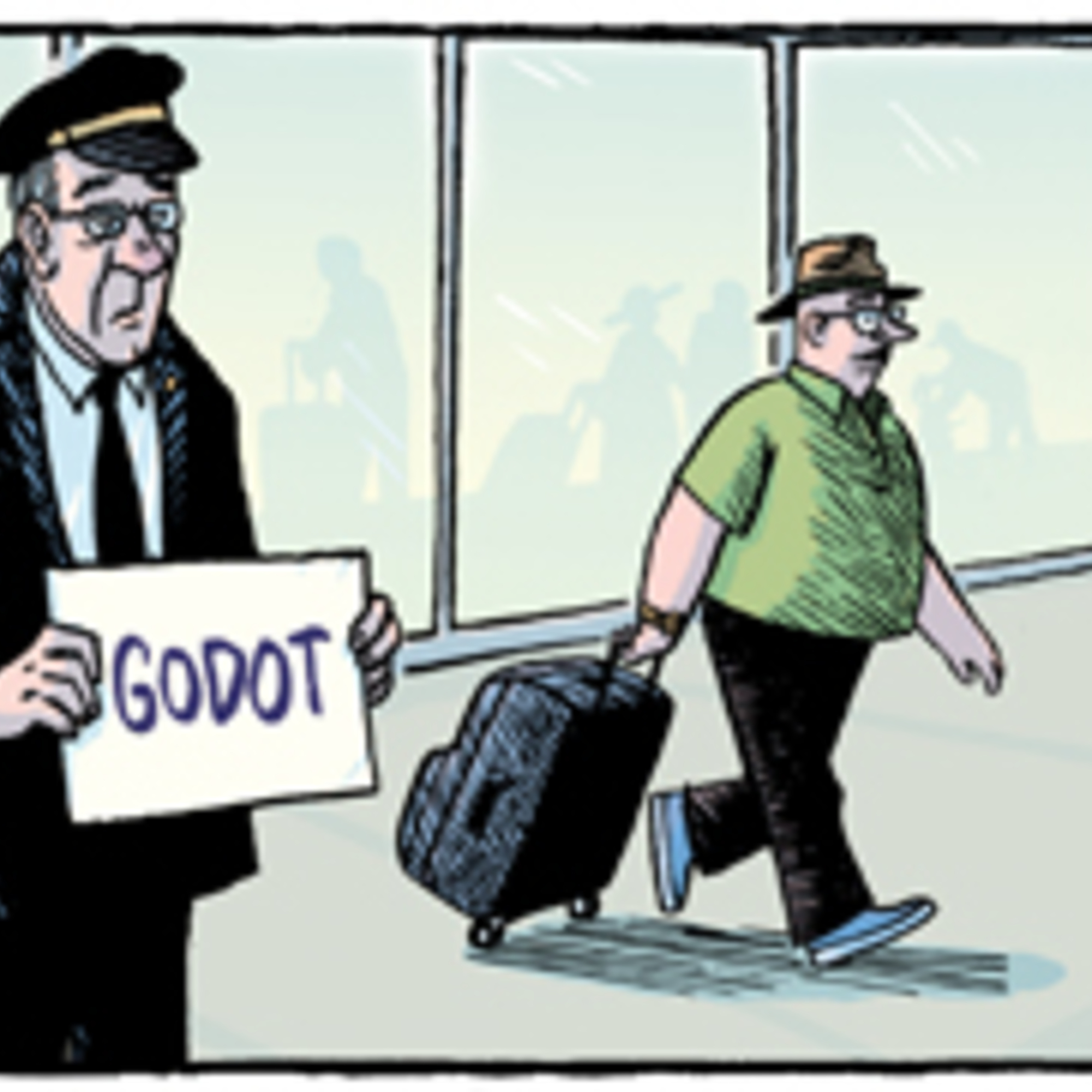Accentuating Meaning In "Waiting for Godot"
Samuel Beckett asked the actors in the San Quentin Drama Workshop’s performance of “Waiting for Godot,” to “counter the natural American tendency to stress the second syllable” of the name “Godot” (Itzkoff). This conflict hints at the capacity for accents to alter the meaning of renditions based on the same master work. In the case of “Waiting for Godot,” the actors’ accents in performances by the San Quentin Drama Workshop and RTE argue for alternate power dynamics between Lucky, Pozzo, Vladimir, and Estragon as visible in Act One’s scene containing Lucky’s speech. While the content of the shared dialogue across performances presents how the characters perceive themselves, the accents provide audiences material with different cues to see beyond the script.
Ireland’s national television broadcaster, RTE, filmed “Waiting for Godot” in 2001 using a cast from Dublin’s Gate Theater (Waiting for Godot, Lindsay-Hogg). Of the four characters, the only role not played by an Irish actor was Pozzo (“Waiting for Godot” 2001). RTE’s performance comes only three years after the Good Friday Agreement meant to bring peace to Northern Ireland (“Ireland History Timeline”). RTE’s explicit choice to have Irish characters lost on the land of a British aristocrat would be hard to ignore for an audience living in the shadow of such nationalistic tensions, even if the performances setting is not explicitly stated.
“Waiting for Godot,” as performed by the San Quentin Drama Workshop (Waiting for Godot, San Quentin), employs American actors, but it is performed with a variety of accents. However, San Quentin’s actors only employ accents when expressing increased emotion. When that occurs, Lucky and Estragon use British accents while Pozzo sounds Scotish and Vladimir sounds Welsh.
The contrast between the natural accents of the RTE actors with the performed accents of the San Quentin actors leads to a fundamental shift in meaning between the two performances. The authentic command over their accents gives the RTE characters a more grounded touch and a sense of purpose stemming from their inherent being. The tendency for San Quentin’s characters to be directed towards their accents, as if it were a new direction, creates a sense of purpose driven by the situation. This shifts the overall power paradigm because RTE’s cast seems to wait for Godot out of a sense of inherent purpose while San Quentin’s cast seems to reach for outward validation while reaching to command the accents RTE’s cast so inherently embodies.
The use of accents by RTE’s Stephen Brennan and San Quentin’s Alan Mandell to portray Lucky further demonstrate the arguments for internal versus outward purpose made by these two performances while also introducing the prospect that Lucky may sit atop the power structure although being physically bound by Pozzo’s rope. Lucky’s speech almost immediately takes on a spiritual direction, not in the physical realm of his co-stars, as Lucky starts by saying “Given the existence…of a personal God”(Beckett). Given this direction, it comes as no surprise that Brennan’s Irish accent for Lucky is comparable to a similar variation on a UK dialect employed by actress Emma Thompson when playing a professor of fortune telling in Harry Potter. RTE’s use of accents to place Lucky in a mental realm above the other characters is compatible with Mandell’s British accent, which parallels that of Benedict Cumberbatch’s Sherlock Holmes when piecing together the clues no one else can see.
However, Brennan’s and Mandell’s versions of Lucky differ in the levels of comfort with their accents. Brennan’s authentic Irish accent creates the confident aura that he is the force that warrants propels him into a different realm. Mandell’s use of an accent only at the most intense emotional moments portrays Lucky as the vehicle for an outward force that is stretching Lucky to his limits. This contrast is seen in Mandell’s pronunciation of the letter “r” with a long rolling sound (Waiting for Godot, San Quentin). Mandell extends the letter until he can no longer hold onto it and allows it to escape as Lucky seemingly loses control over the energy he contains.
Despite giving Lucky orders and holding the rope around him, Pozzo’s true nature is betrayed by his accent. RTE’s and San Quentin’s renditions of Pozzo both subjugate Pozzo to Lucky, however San Quentin’s Pozzo employs a Scottish accent that clashes with his co-star’s intellectual British accent for Lucky. The gruff Scottish accent fosters a fighting spirit. This contrasts with RTE’s high class, snobby British accent opposite the Irish take on Lucky. RTE’s character has an air of presumptive power that implodes upon Lucky’s speech. RTE’s transition from pompous Brit to powerless punk as he squeaks “His hat!” (Waiting for Godot, Lindsay-Hogg) shows him to be the mentally weakest of the bunch. Whereas San Quentin’s combative utterance of “His hat!” in a Scottish drawl shows him capable of fighting on (Waiting for Godot, San Quentin).
While the location of the play is never given, the accents of actors place the social landscape in different arrangements across alternate renditions. On one hand, RTE’s rendition is tinged by the conflict between Britain and Ireland and notable for its authentic accents that lend its characters a sense of inward purpose. Alternatively, San Quentin’s performance is checkered with adopted accents that leave its characters reaching for outward purpose. While both performances subvert the power structure perceived by the characters through their uses of accents, the draw towards inward or outward purpose is what inevitably leads them to wait for Godot to unfold differently.
Works Cited
Beckett, Samuel. "Waiting for Godot -- Act 1." Waiting for Godot -- Act 1. N.p., n.d. Web. 5 Mar. 2016.
"Ireland History Timeline." Ireland Time Line Chronological Timetable of Events. World Atlas, 2016. Web. 7 Mar. 2016.
ITZKOFF, DAVE. "The Only Certainty Is That He Won’t Show Up." New York Times. New York Times, 11 Nov. 2013. Web. 8 Mar. 2016.
"Waiting for Godot (2001)." IMDb. IMDb.com, n.d. Web. 6 Mar. 2016.
Waiting for Godot. Dir. Michael Lindsay-Hogg. Perf. Barry McGovern and Johnny Murphy. N.p., 4 Feb. 2001. Web. 6 Mar. 2016.
Waiting for Godot. Perf. San Quentin Drama Workshop. Waiting for Godot. N.p., 1987. Web. 6 Mar. 2016.
